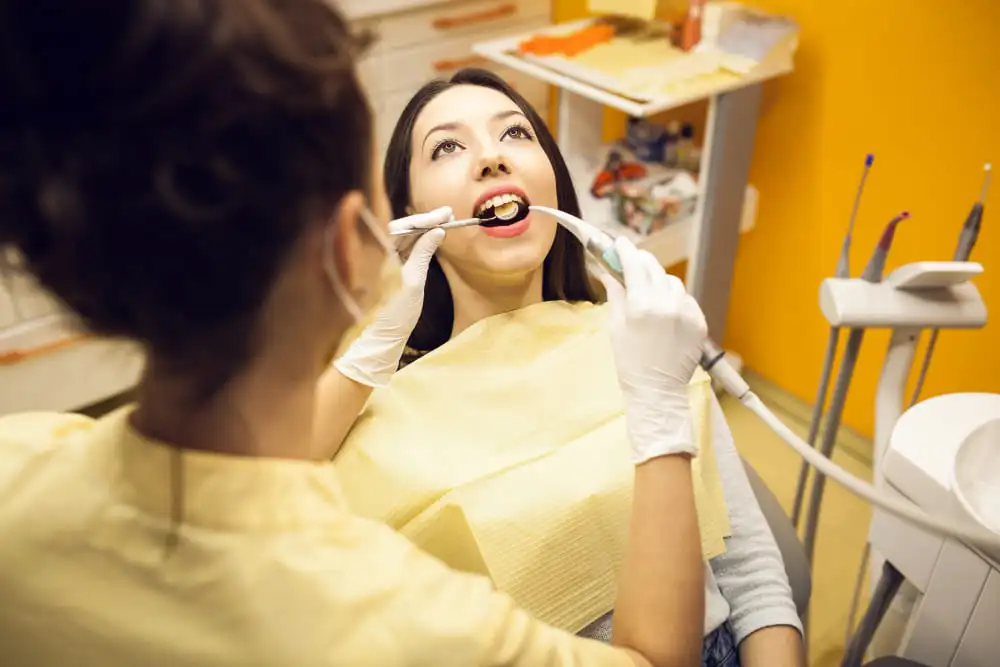

Teeth whitening is a popular cosmetic dental procedure that many people choose to enhance their smile. However, sensitivity after teeth whitening can be a common side effect. This sensitivity often occurs due to the chemicals used in the whitening process, which can temporarily affect the enamel and nerve endings in the teeth. Fortunately, there are several effective strategies to reduce sensitivity after teeth whitening. In this article, we will explore these strategies in detail, helping you enjoy a brighter smile without discomfort.
Before diving into solutions, it’s essential to understand why teeth whitening can cause sensitivity. The whitening agents, usually hydrogen peroxide or carbamide peroxide, penetrate the enamel to break down stains. This process can lead to increased sensitivity, particularly for individuals with pre-existing sensitive teeth.
To minimize sensitivity after whitening, it is wise to prepare your teeth before the procedure. Take into consideration these crucial steps:
Before whitening your teeth, schedule a dental check-up. Dentist can identify any underlying issues that may cause sensitivity. They can also recommend the best whitening method for your teeth.
Start using a desensitizing toothpaste several weeks before your whitening treatment. These toothpastes contain special ingredients that help block pain signals from reaching the nerves in your teeth. Regular use can reduce sensitivity during and after whitening.
Leading up to your whitening appointment, avoid acidic foods and beverages, such as citrus fruits and sodas. These items can weaken enamel and increase sensitivity. Instead, opt for tooth-friendly foods like dairy products, leafy greens, and nuts.
Taking the right steps during the teeth whitening process can help minimize sensitivity. Here are some tips to consider:
Whether you are using an at-home kit or getting professional treatment, follow the instructions carefully. Overusing the whitening product can lead to increased sensitivity.
If you are using at-home whitening products, consider starting with a lower concentration of hydrogen peroxide. This can help reduce the risk of sensitivity while still providing effective whitening results.
When using at-home whitening kits, do not leave the whitening agent on your teeth longer than recommended. Extended exposure can irritate the teeth and gums, increasing sensitivity.
In-office whitening treatments performed by a dentist often use stronger agents but can also include protective measures to minimize sensitivity. Discuss your sensitivity concerns with a dentist to find the best approach.
After the whitening treatment, your care routine is crucial for reducing sensitivity. Here are some effective post-whitening tips:
Continue using desensitizing toothpaste after whitening. You can also consider desensitizing gels or mouth rinses designed to soothe sensitive teeth.
Maintain good dental hygiene by brushing and flossing on a regular basis. Use a soft-bristled toothbrush to avoid irritating your teeth and gums. Good hygiene helps prevent dental issues that can contribute to sensitivity.
For the first few days after whitening, avoid very hot or very cold foods and drinks. Extreme temperatures can trigger sensitivity. Stick to lukewarm or room-temperature options during this time.
While your teeth are still adjusting after whitening, try to avoid foods and drinks that can stain your teeth, such as coffee, tea, red wine, and dark berries. These can undo your whitening efforts and potentially increase sensitivity.
If sensitivity persists for more than a few days or becomes severe, it is essential to consult a dentist. They can evaluate your situation and recommend appropriate treatments, which may include fluoride varnishes or other professional interventions.

Teeth whitening can brighten your smile, but sensitivity afterward can be a concern for many. By following the tips outlined in this article, you can significantly reduce sensitivity after teeth whitening. From proper preparation to post-whitening care, each step plays a role in ensuring a comfortable whitening experience. If you experience prolonged sensitivity, don’t hesitate to reach out to dentist for further assistance. Enjoy your new smile with confidence, knowing that you have taken steps to minimize discomfort!